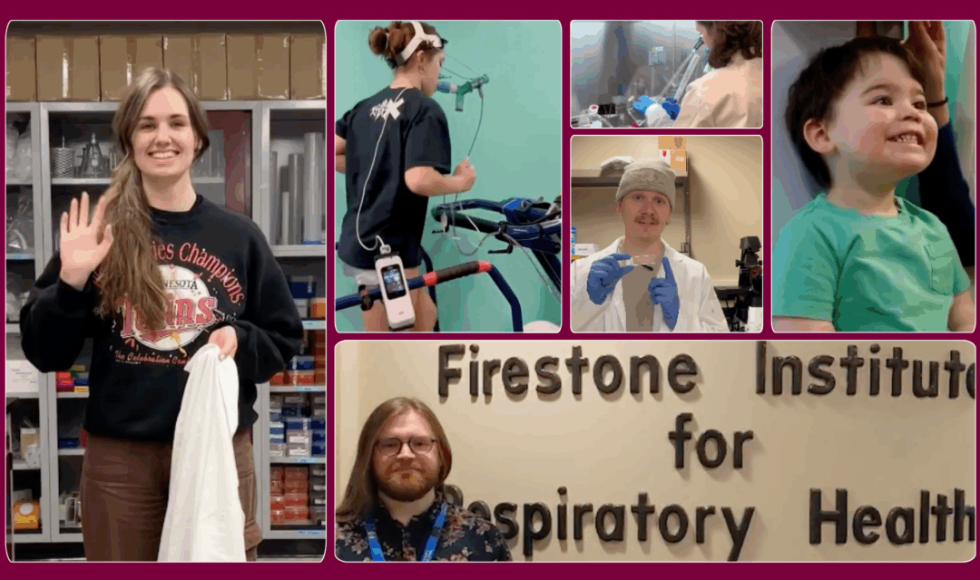Health science, simplified: Course helps grad students talk about their research plainly

With growing misinformation and skepticism, communicating research in a simple and easy-to-understand way has never been more important. A graduate-level course at McMaster University is helping students navigate this important skill set.
Science is complicated. Explaining it to people who are not scientists can be even harder.
A graduate-level course at McMaster University is helping students cut through the jargon and share their research in a clear, compelling and easy-to-understand way.
Led by Roma Sehmi, a professor in the Department of Medicine, and Sandeep Raha, associate professor in the Department of Pediatrics, the Health Science Communication course was launched four years ago to give graduate students the skills they need to convey their research to the average person. The course is situated in the Medical Sciences Graduate program.
“We communicate effortlessly within our small, specialized world—but when we step into a broader arena, we must learn to understand our audience and adapt our message so they can hear us, grasp our meaning, and ultimately trust us,” says Sehmi. “There’s a lot of cynicism around science right now. We need to improve trust, otherwise we’re just a scientist living in an ivory tower.”
The program works by immersing graduate students in a hands-on, multidisciplinary approach that covers the art and tact of communication. The course uses the learner’s own research as the canvas for learning.
Students learn to translate their research through verbal presentations, visuals abstracts, videos, social media snippets and formal writing, like opinion pieces.
“We teach students how to build a narrative that connects their research with the needs of the audience,” Sehmi says. “It’s great because the students learn from each other.”
Guest lecturers and industry experts provide real-world insight, while in-class peer feedback helps students refine their style. The final capstone project of the course challenges students to apply everything they’ve learned and create a communication strategy that would benefit their research group as a whole, as the project is usually focused around improved messaging of research performed by the student’s supervisor.
For some learners, the class is transformative. At the start of the class, students may struggle with public speaking, never mind conveying their research plainly. By the end, however, those same nervous learners have built up their communications skills.
“One student was so nervous during his first presentation that he could barely finish. By the end of the course, he had produced an amazing video. I would not have predicted that when he gave his first presentation,” Raha says.
Another important skill learners are taught is the importance of listening.
“Scientists are really used to going into a room thinking of themselves as an expert and then dispersing a bunch of information,” says Raha. “They’re not as used to listening and that’s critical to earning trust.”
The course has exploded in popularity, attracting students from across McMaster, including those within the Faculty of Health Sciences and Biomedical Engineering.
“They come in thinking they have to learn something they hate doing and they leave feeling like part of a family,” Sehmi says. “They’ve developed areas and niches that they best communicate in.”


